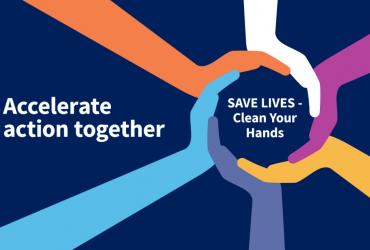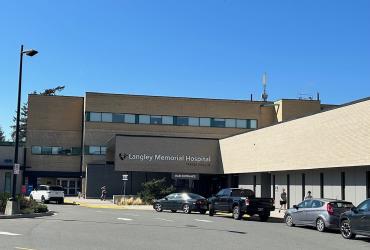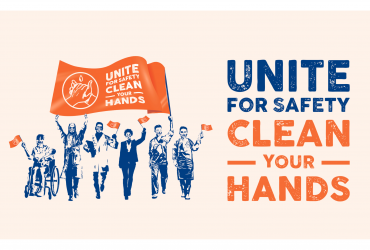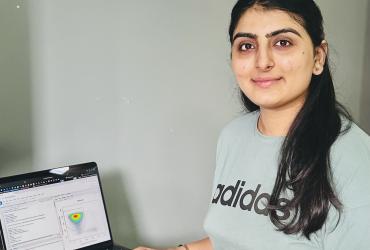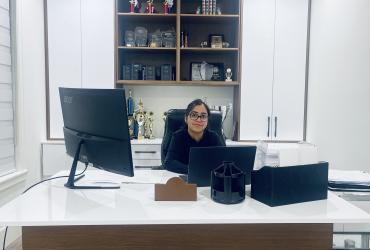Orientation and First Weeks
Prior to my work term starting I spent two days unofficially working at the clinic with the previous co-op student so I already had a general sense of the position when I officially started on my first day. Once I formally started my position, I spent my first week working directly with the previous student who taught me everything I needed to know about the job. I will say that my onboarding experience was slightly different from what it typically is with other students who've worked in this position. This is because during the time I was being onboarded, our new coordinator was also being onboarded, therefore adding a bit of extra ambiguity to my training and learning. Regardless, I would still consider my orientation and first couple of weeks of work to be a relatively smooth sailing process.
Day to Day
The work for my position revolves primarily around the schedule of our weekly fall prevention clinics. This involves scheduling patients, charting data from patients over the phone, and following up with patients post-clinic. On the one day a week when I am at the clinic, I am in charge of running a kinesiology station where I administer a variety of tests to determine a falls risk report for each patient we see on the day.
Learning and Adaptation
A big learning curve that I overcame in the early months of this co-op was learning how to speak and talk to older adults, especially those who have hearing impairments. A strategy I adopted was learning how to annunciate and slow down my speech and my voice. I actually found this strategy to be more useful than speaking louder because I found that sometimes a loud tone of voice can come off relatively intimidating.
Cultural and Environmental Observations
An observation that I've witnessed over the span of my 8 months has been the lack of visible minority patients who are willing and interested in attending our fall prevention clinics. While there certainly isn't a lack of racial minority clients being referred to us, especially in Surrey, I've noticed that there is a significant lack of interest among racial minority clients in actually attending the clinic. I've also observed that the majority of racial minority clients are referred to us through their hospital's emergency department due to a presumable fall or injury. Therefore, this lack of interest in outpatient services makes me wonder if there are certain cultural factors that influence an individual's judgement on the effectiveness of outpatient services.
Personally, as a child of first-generation immigrants, I know from experience that outpatient services are not offered in all countries worldwide. Thus, I wonder if the non-existence of these services in one's home country can influence their ability to perceive the benefits of said services in their new country.
These observations have made me very curious and keen on learning more about immigrant health and potentially working with immigrant health services in the future.
Social and Extracurricular Activities
One of my favourite parts of my co-op experience has been the opportunity to pursue social and extracurricular activities alongside my nine-to-five work life. Most notably, I was able to pick up going to the gym as a hobby while also continuing with my social activities of hanging out with friends. As a result, I was able to establish a healthy work-life balance in light of my extra-curricular activities.










